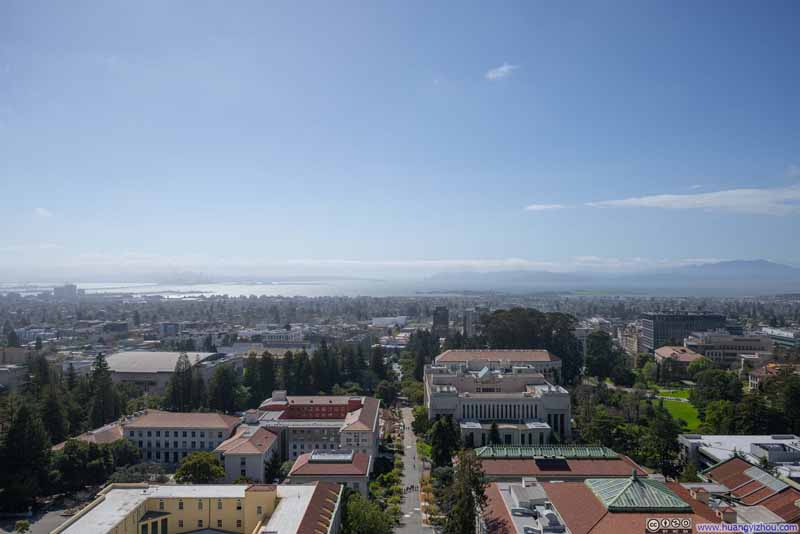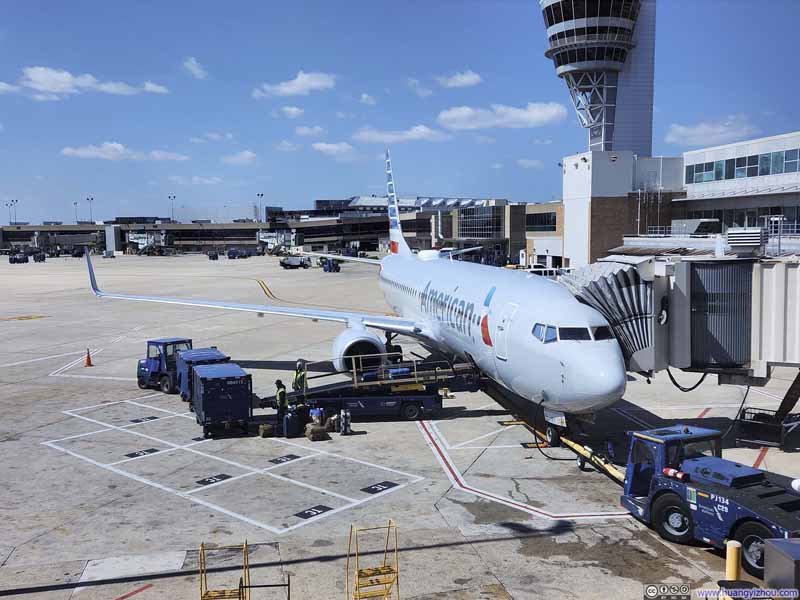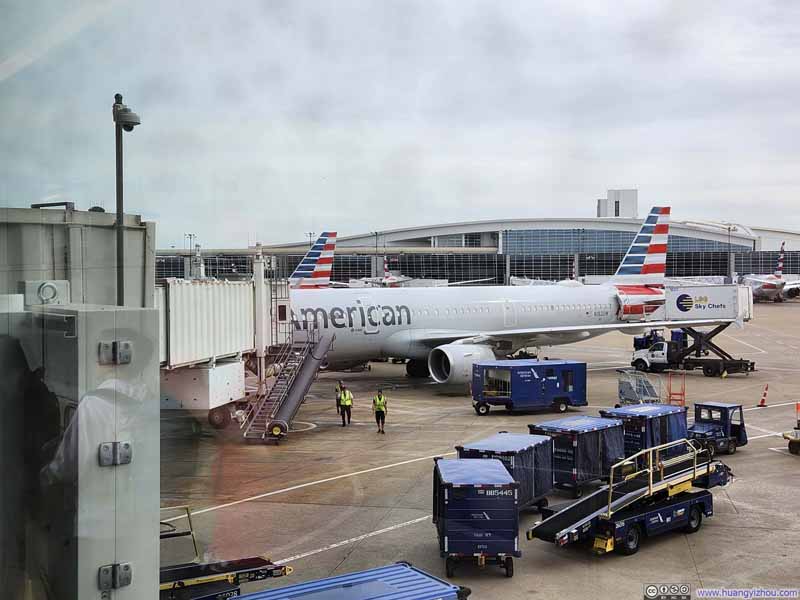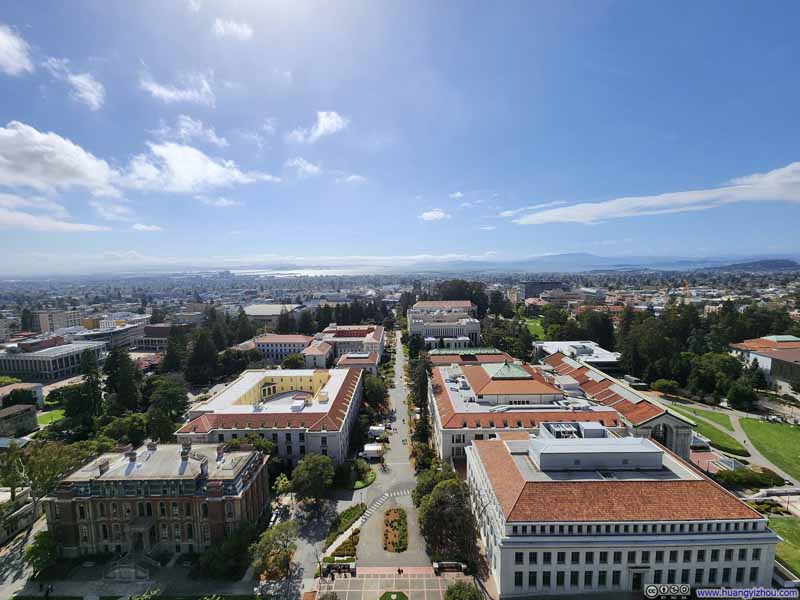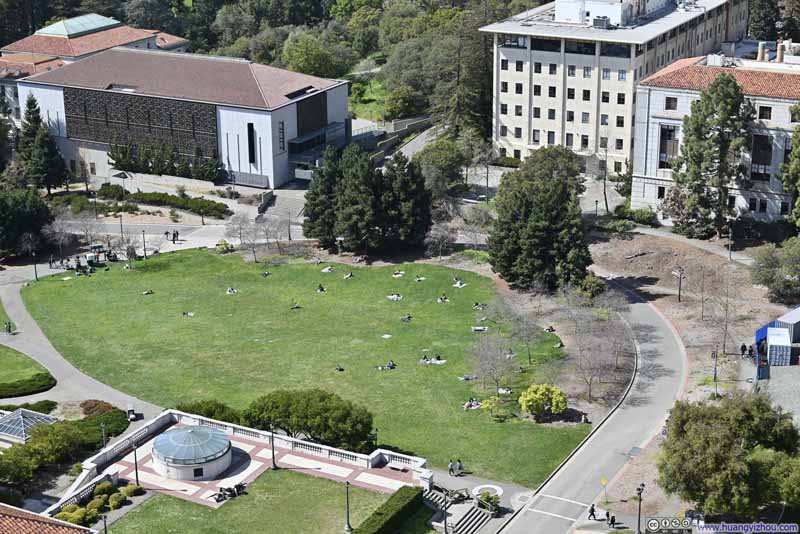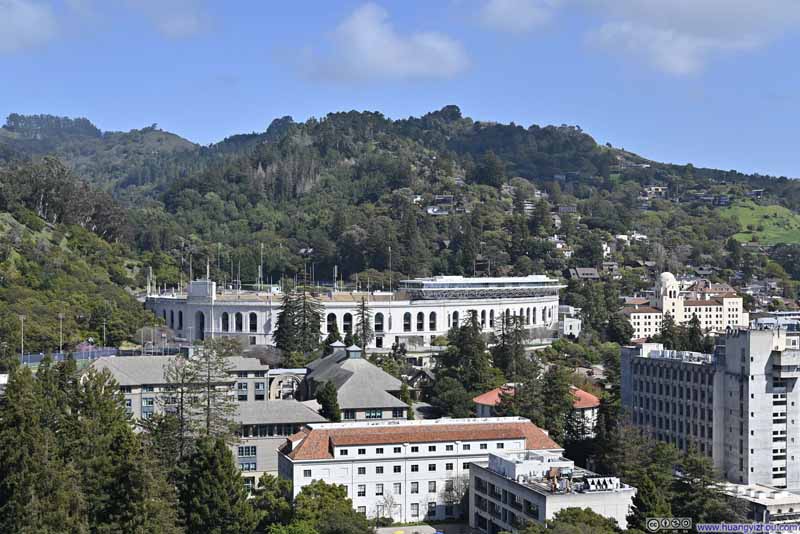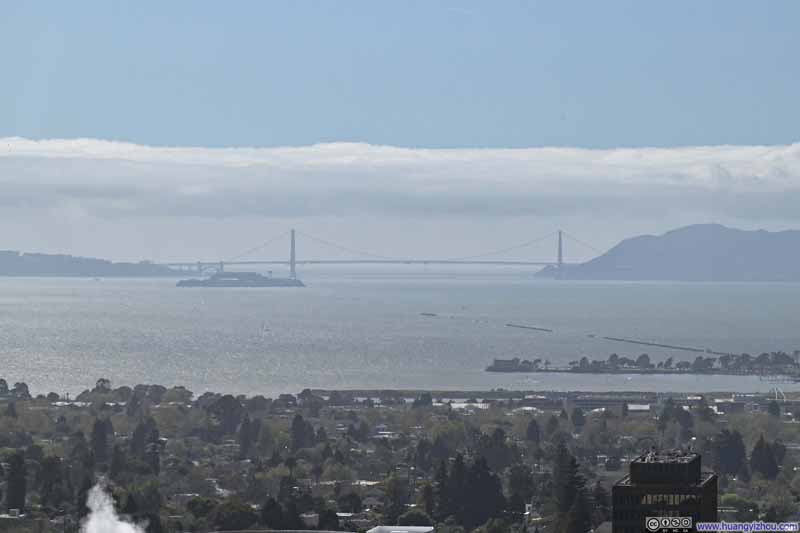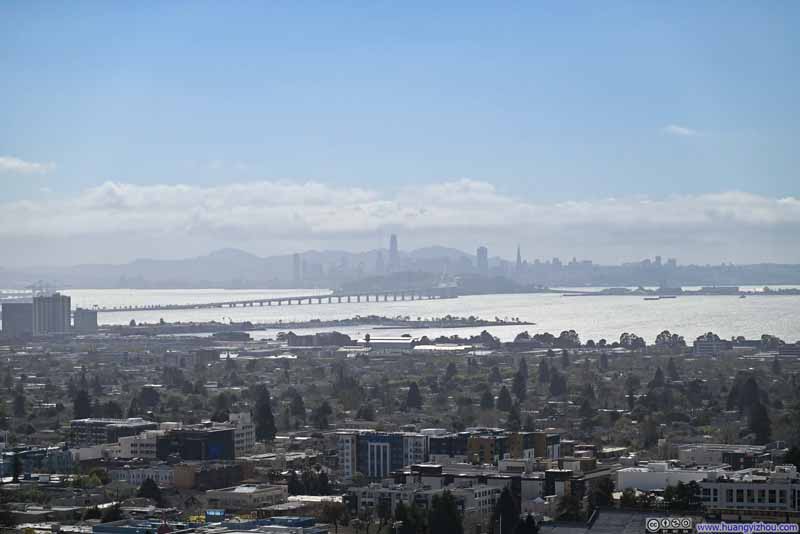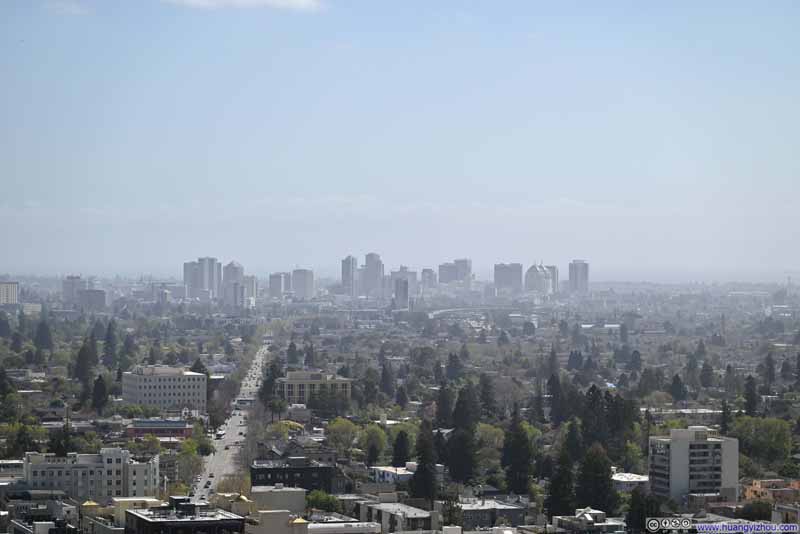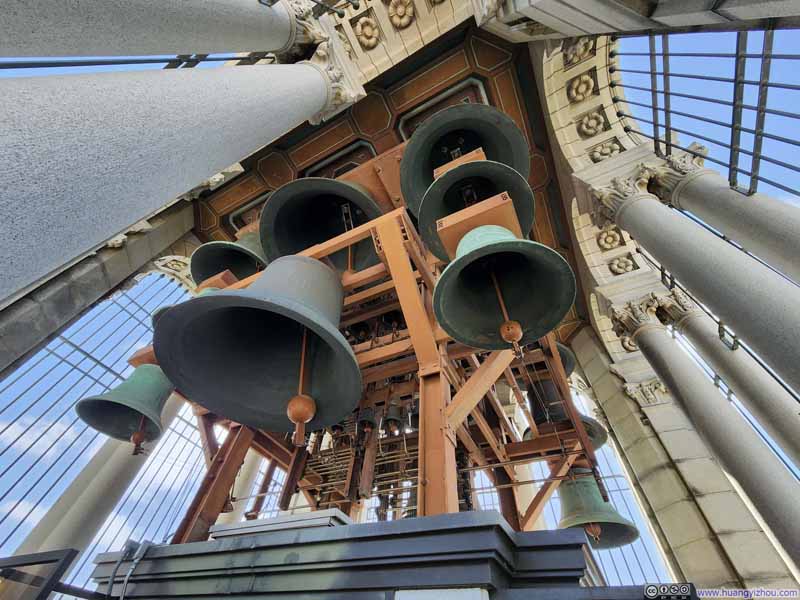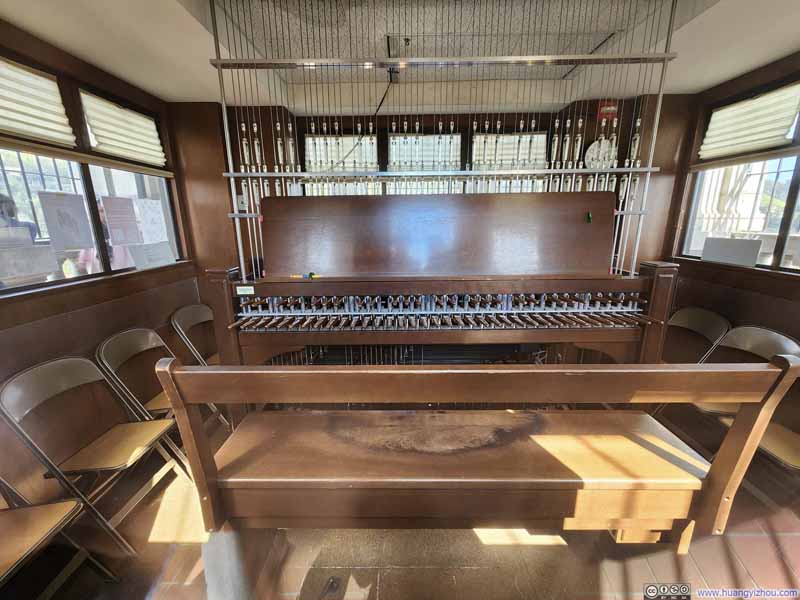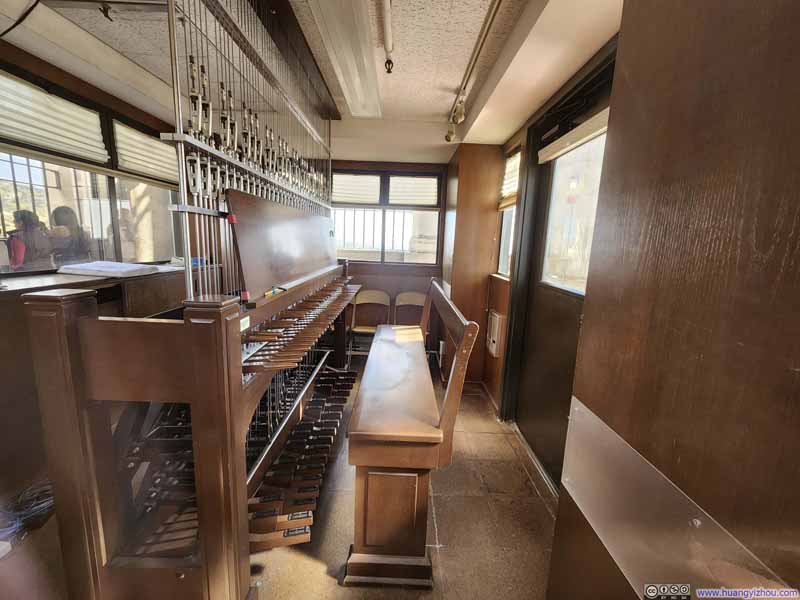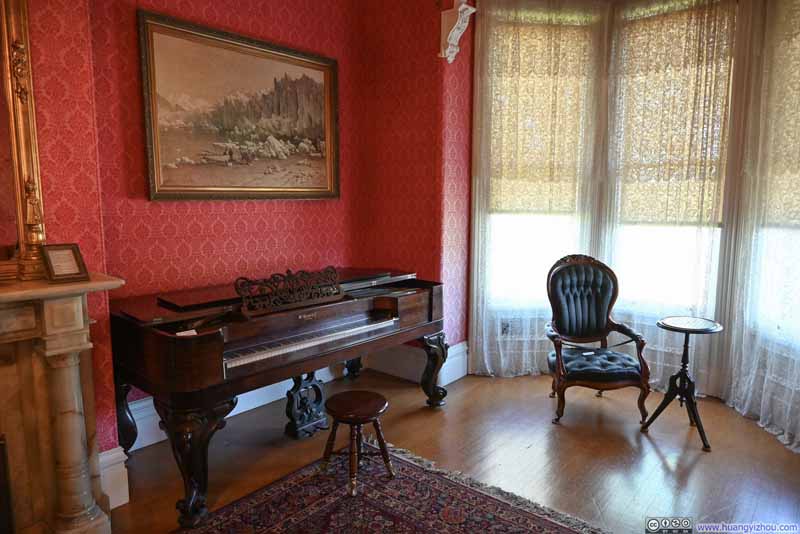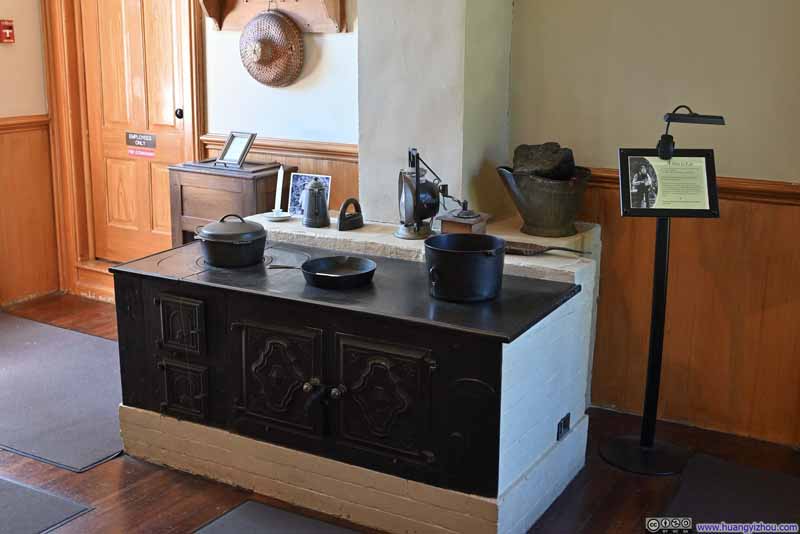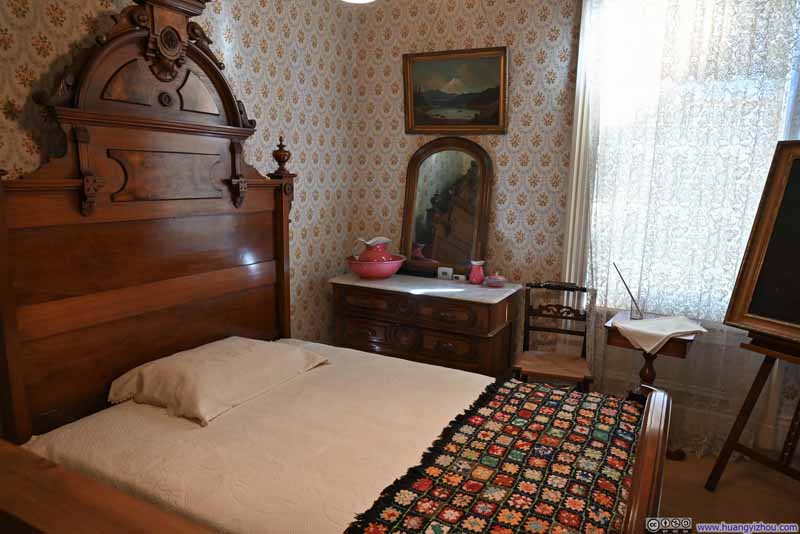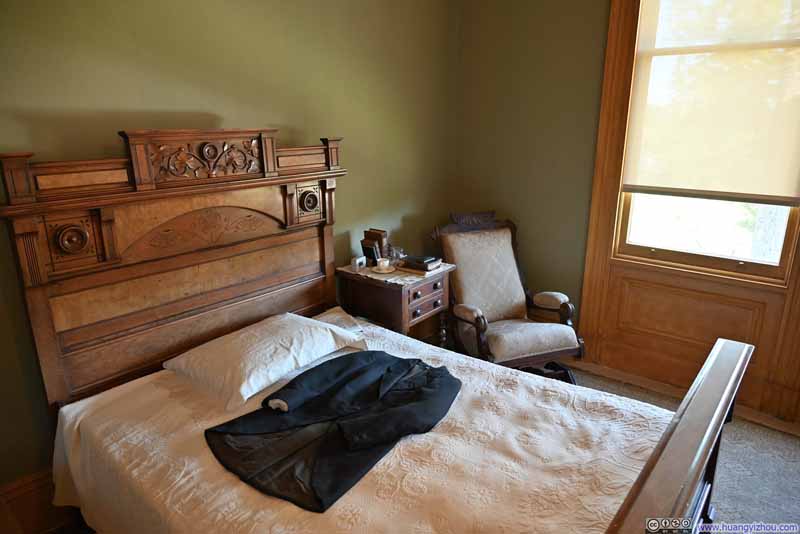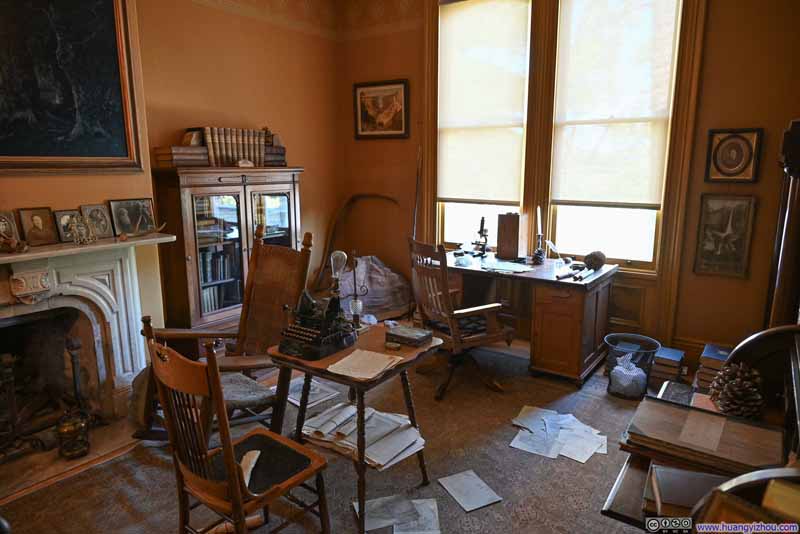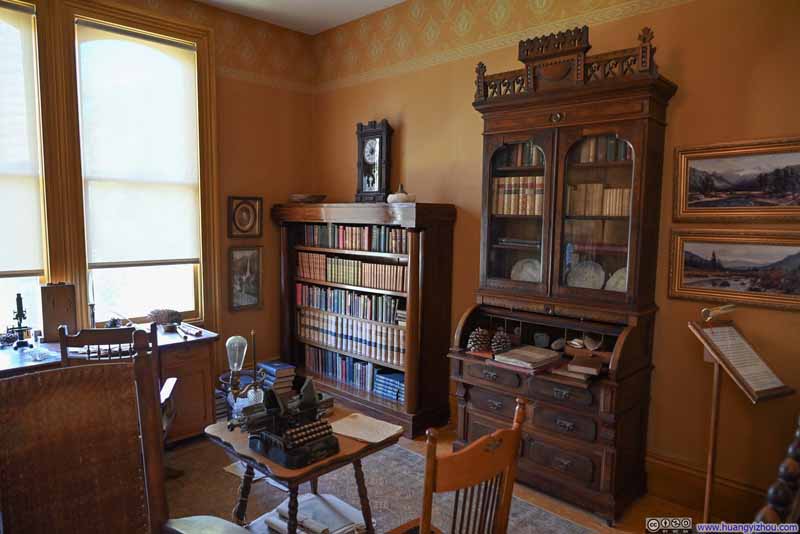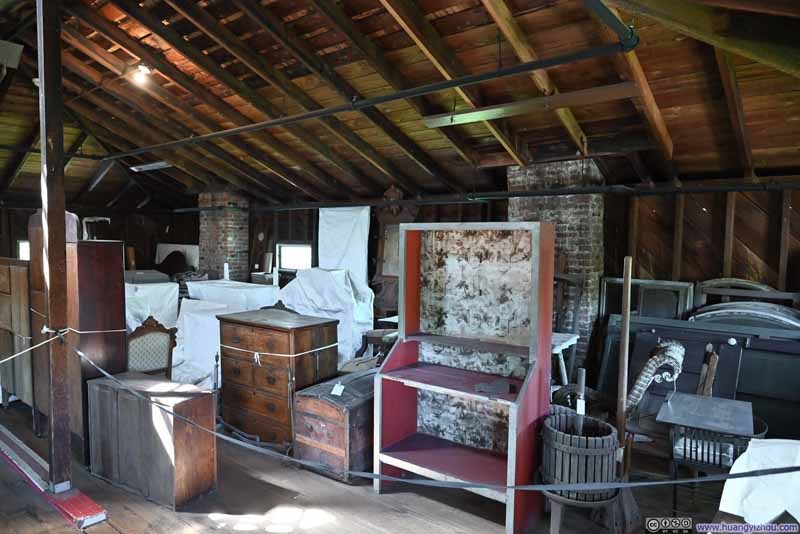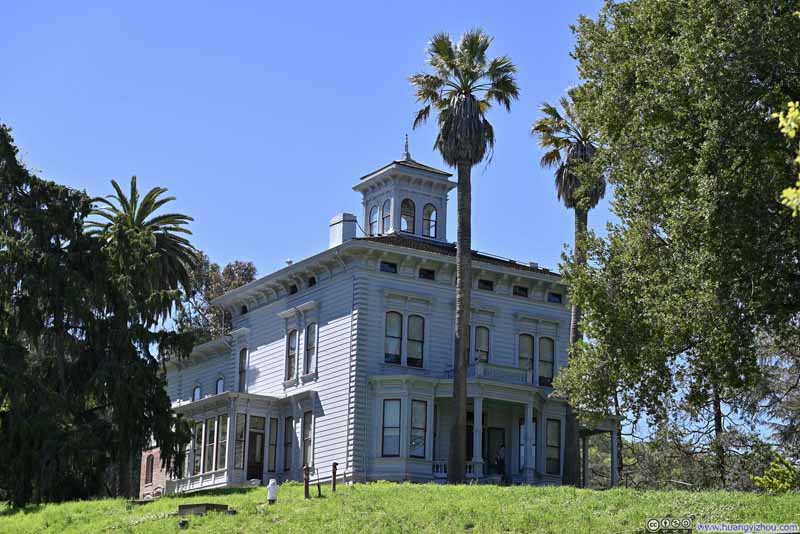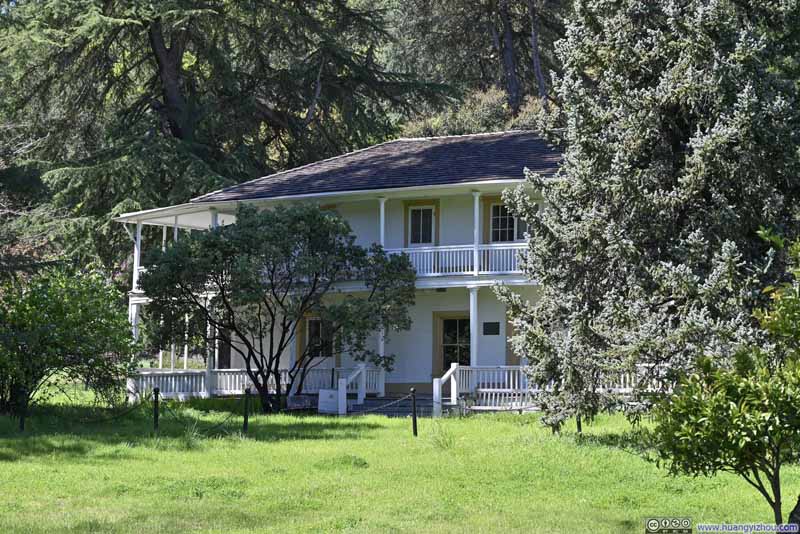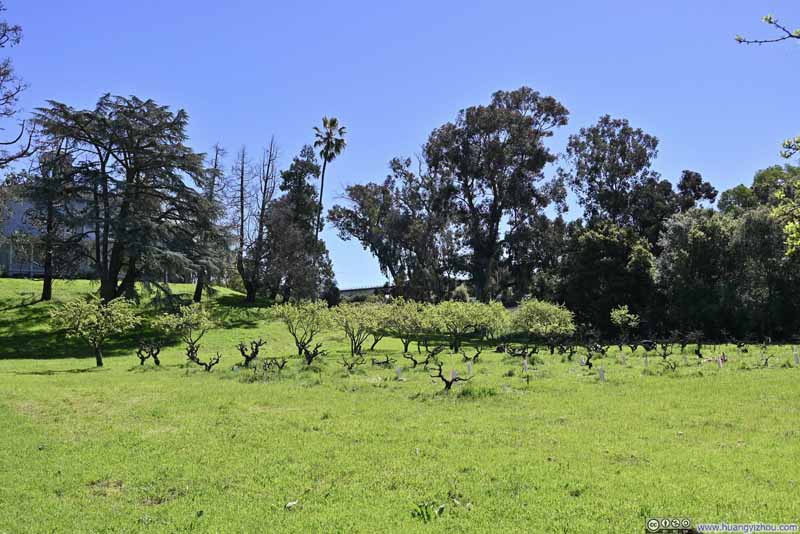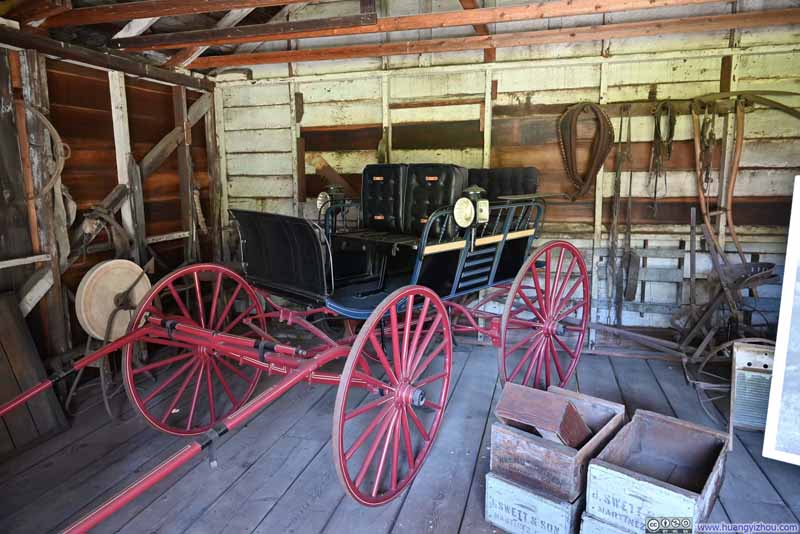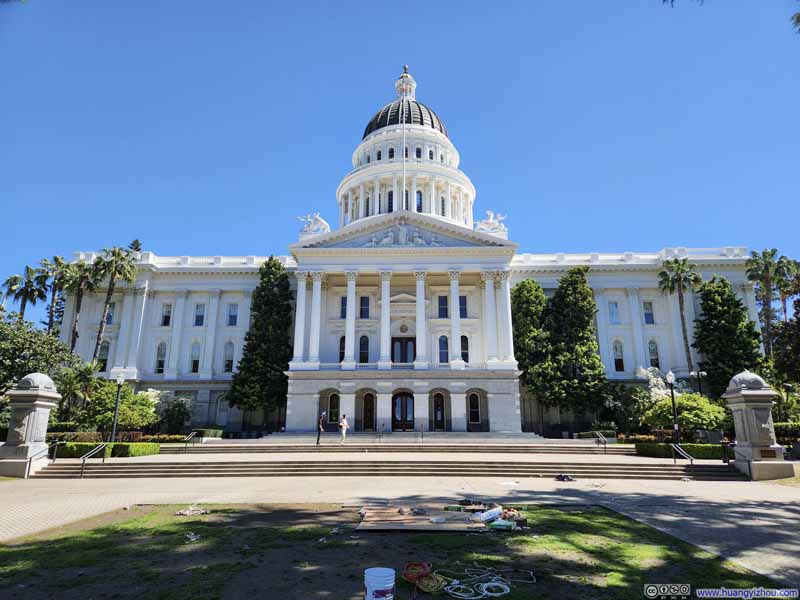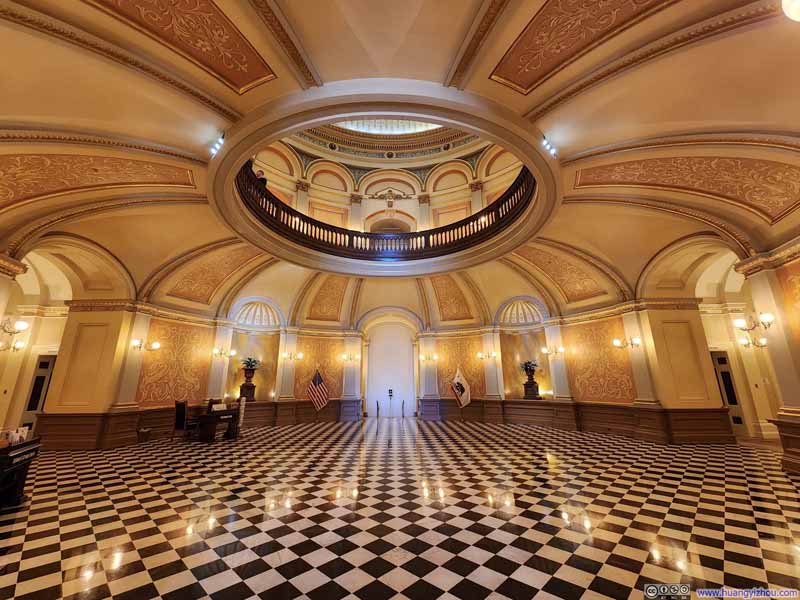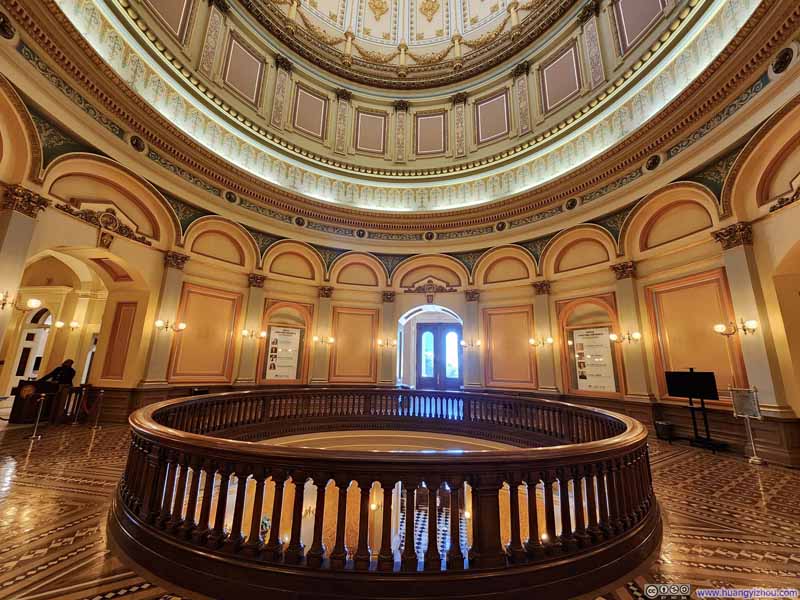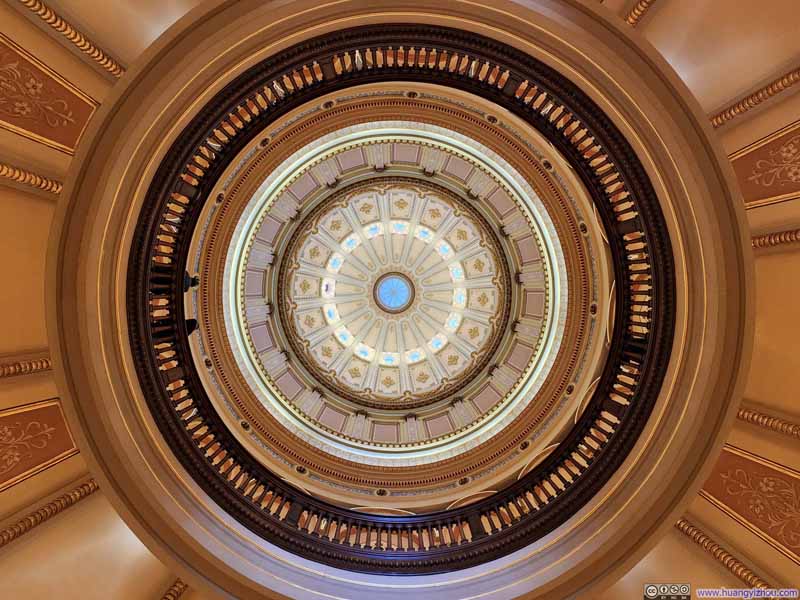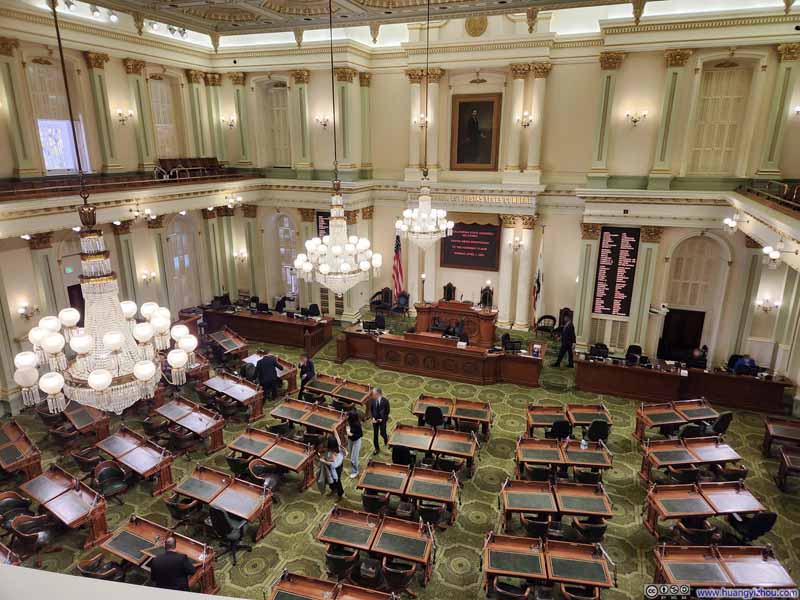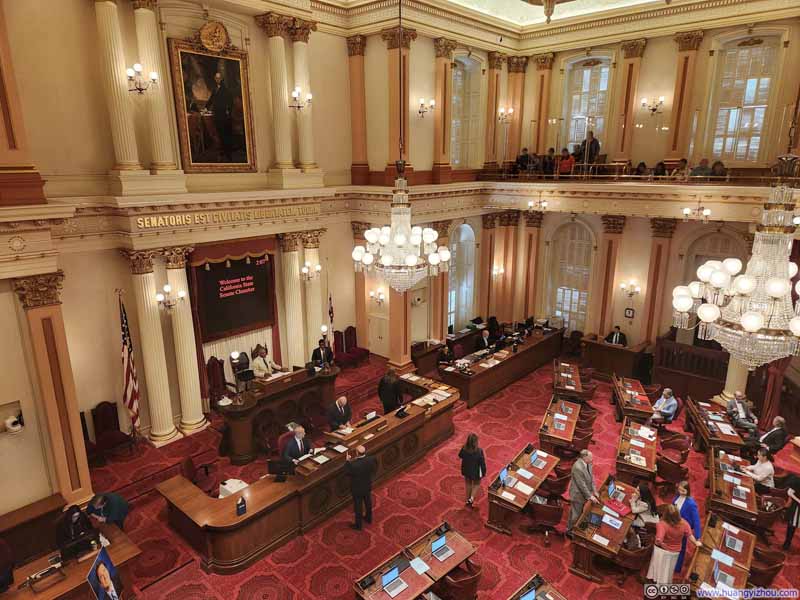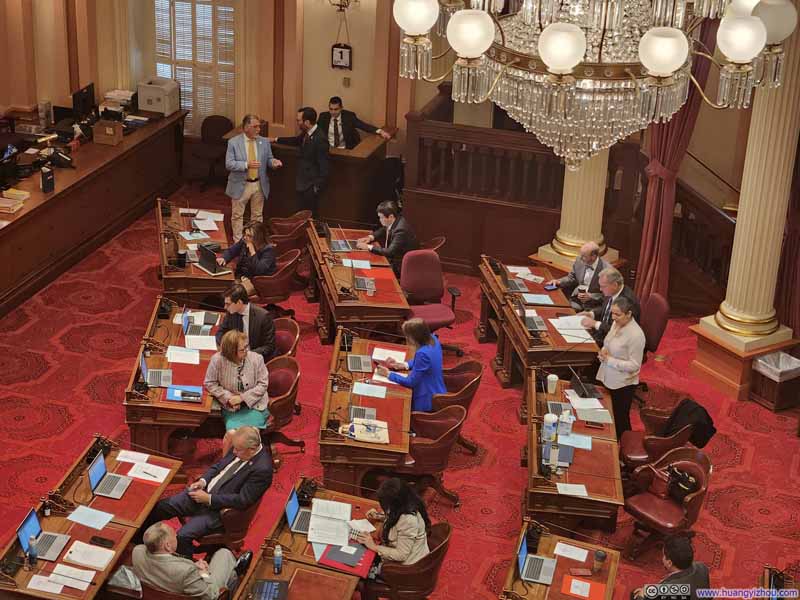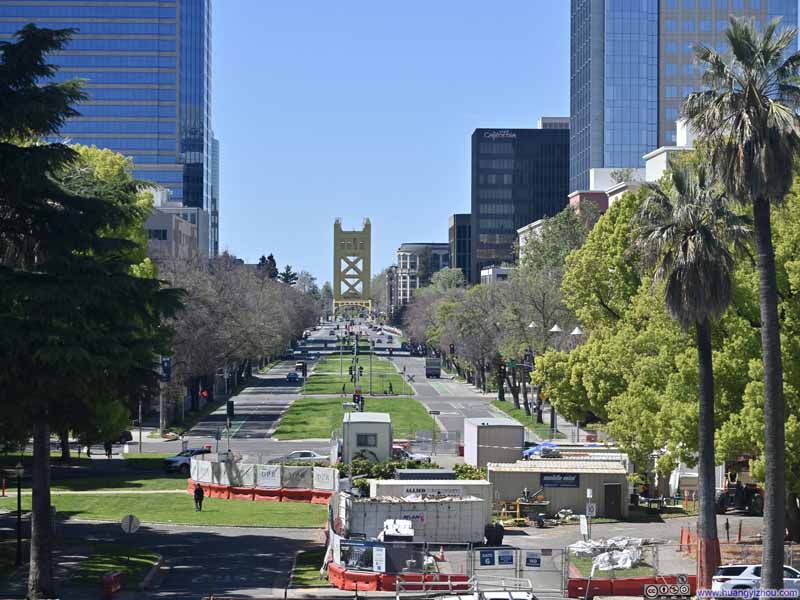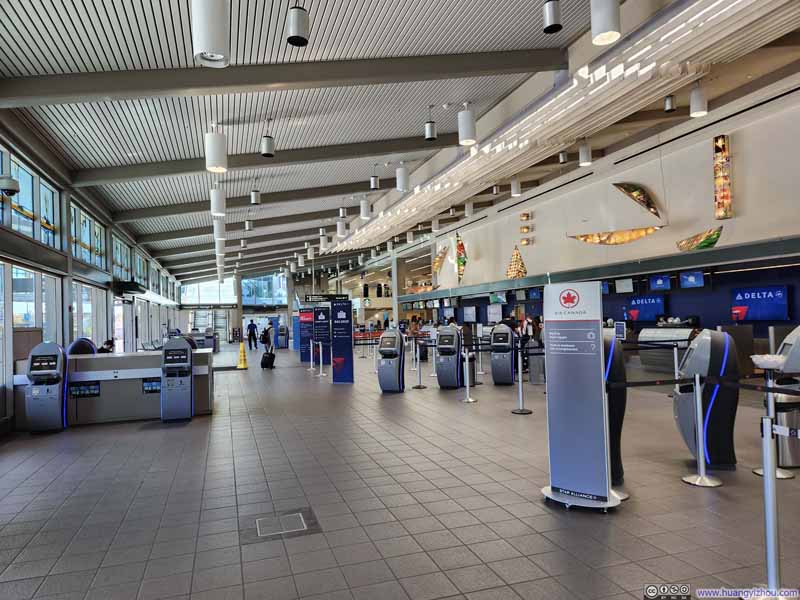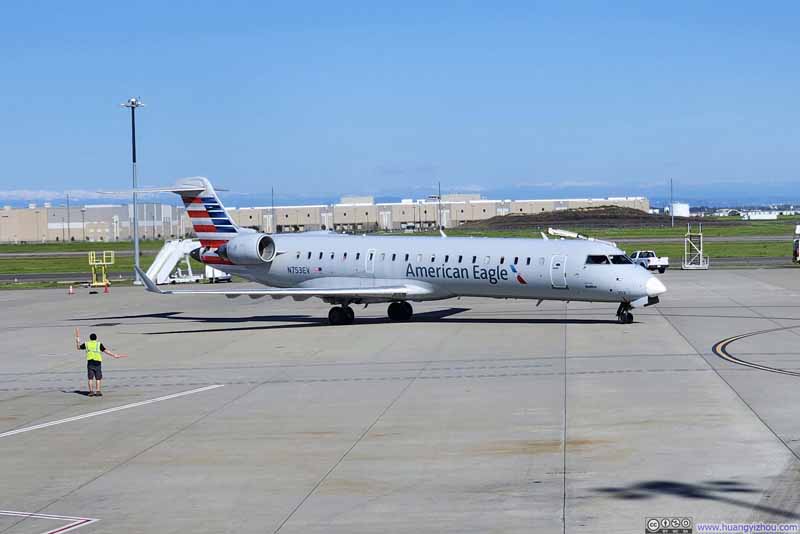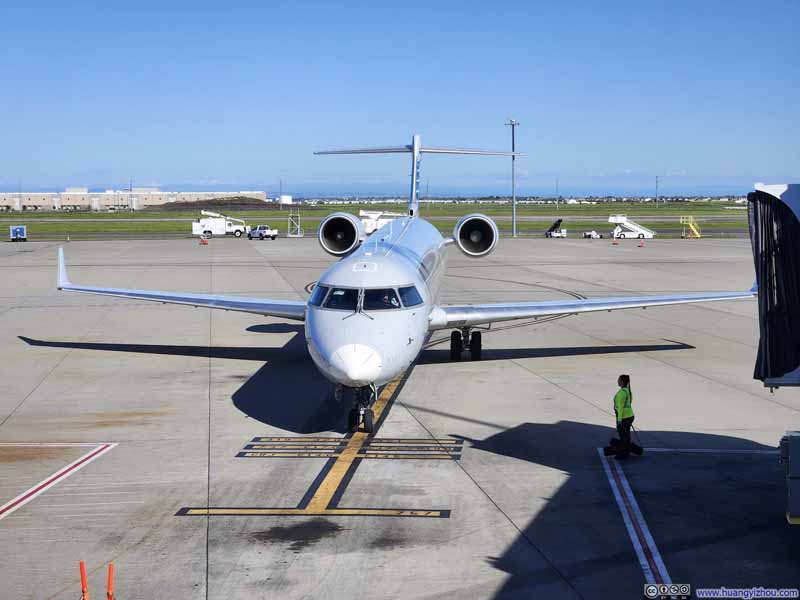Updated on June 6, 2024
Weekend Trip to Bay Area, Flights, Sights and Thoughts
The final weekend of March 2024, I made a trip to the San Francisco Bay Area to run some errands and meet some friends. This post would be about the flights that I took, together with some places that I visited along the way.
Planning and Ticketing
For the final weekend of March 30-31, 2024, I had some important errands to run in the San Francisco Bay area. It wasn’t until the evening of Wednesday March 27 that I became aware of the need for this trip, by which time the prices for flights across the United States were already through the roof. Since for this trip, I had the flexibility to take both the Friday and Monday off, I came across American Airlines that offered flights between Philadelphia and Sacramento at 255 USD roundtrip, with a schedule that I felt very comfortable with. The 2-hour drive on each end of the flight, from Washington DC to Philadelphia, and from Sacramento to San Jose, each saved me at least 150 USD. The only downside was that this was a basic economy itinerary, so there’s no seat selection and hence I didn’t have any sights to show for any of the flights.
Flights from Philadelphia to Sacramento
My flight was to depart Philadelphia at 1pm, that meant I didn’t have to wake up early. Instead, I started driving towards Philadelphia at a comfortable 8am. Some road construction outside Longwood Gardens (plus a detour to grab lunch) meant it took me 3 hours to reach Philadelphia Airport’s parking lot.
This was my first time clearing security at Philadelphia Airport. It matched the notorious rumors I heard online, of lines extending to parking garage walkways. It took me a total of 28 minutes to clear the security checkpoint, and the staff said such lines were “totally normal”. (No, they shouldn’t, and if it takes tons of complaints for TSA to realize that, I’m happy to be part of it.)
Luckily, that meant I didn’t have to wait long in Philadelphia’s narrow and overcrowded Terminal B before boarding my flight.
American Airlines 1680
Philadelphia, PA (PHL) – Dallas Fort Worth, TX (DFW)
Boeing B737-800
Seat 12E
Scheduled Departure – 12:54pm
Actual Departure – 1:12pm
Scheduled Arrival – 3:48pm
Actual Arrival – 3:24pm
3 hours and 12 minutes
Click here to display photos of the slideshow
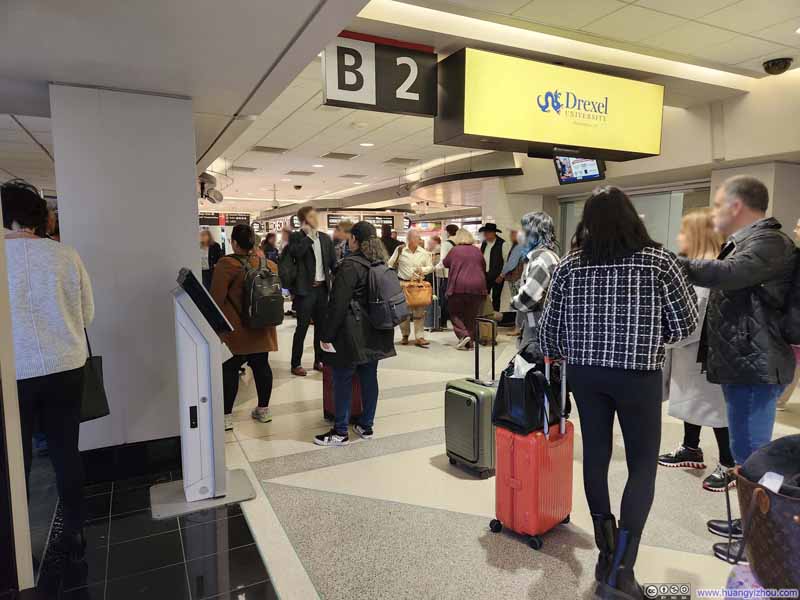
Line outside Boarding Gate in Philadelphia
Despite only having a 72-minute connection in Dallas, I still decided to grab something to eat from Capital One’s lounge in the airport, and a (slightly) earlier arrival only reinforced that thought. As expected, it being Friday afternoon meant the lounge had a waitlist in place. I joined the waitlist the moment my flight from Philadelphia touched down, which the app predicted a 20-25 minute wait (ended up being 37 minutes, but I spent the majority of that time sitting in the plane and riding the tram, so I wouldn’t complain too much).
American Airlines 885
Dallas Fort Worth, TX (DFW) – Sacramento, CA (SMF)
Airbus A321
Seat 20E
Scheduled Departure – 5:00pm
Actual Departure – 5:08pm
Scheduled Arrival – 6:47pm
Actual Arrival – 6:30pm
3 hours and 22 minutes
On the technical side, for its length, this flight had a very low cruising altitude of FL26-27 (7900-8300m), which puzzled me. On the experience side, the plane had a strange odor, there were loud kids 2 rows away which meant I didn’t have the best rest. And my checked bag arrived at the belt 23 minutes after the plane’s gate arrival, which was not ideal.
Rental Car Experience
Another reason I chose to fly into Sacramento over San Francisco Bay area was that, rental cars from Sacramento were really cheap. I found a deal with Dollar (through Capital One Travel) for 3 days at 75 dollars, including taxes, which almost seemed like a scam to me (only that it wasn’t). The only catch was that it’s a “wild car” with exact car type determined at pickup, which, based on online reviews, was the equivalence of an EV.
While there’s no denial that electrification is the future of the transportation sector, I believe rental cars, among small passenger vehicles, should be the last to go through such transformation. People use rental car either to get around town or go from one town to another (road trip). Electric vehicles, at best, bring marginal savings to the former, and at worst, are a nightmare to the latter road trippers given the state of the charging infrastructure in 2024. Dollar was under Hertz group, which took great strides to bring electric vehicles into its fleet, and now it’s reaping what it sowed by having to rent out these electric vehicles at dirt cheap prices, and under the disguise as “wild cars”.
For this trip, I have some friends that were also EV owners in the Bay area, and they were pretty confident about the charging infrastructure in the area. So, by treating it as a random EV test drive, I booked this “wild car”.
In the end, I got a Volvo XC40, fully electric. In short, this car lived up to Volvo’s safety reputation, everything else about it was trash. Its lane-keep/auto-steer was unusable, its seats had zero lateral support, and worst of all, this car consumed 40-45 kWh per 100 miles of expressway driving.
Its energy consumption had two consequences:
- From Sacramento to San Jose, I drained most of its battery in under 2 hours, that meant I was in a frantic search of charging stations the next morning.
- Worse, at public charging rates (0.56 USD/kWh from Electrify America), compared to California gasoline prices, under expressway driving conditions, this EV cost 60% more on energy/fuel to run than a comparable gasoline-powered car.
Then I thought, it’s public charging rate, home charging must be cheaper, right? After some research, it turned out that wasn’t quite the case. Based on PG&E’s published electricity rate, the cheapest plan at the cheapest time of the day was 0.35 USD/kWh. That means, for expressway driving, an EV is only breaking even to a gasoline-powered car. I acknowledge this has much more to do with the absurdity of PG&E, then the practicality of an electric vehicle. But unfortunately, this is the fact that people in San Francisco Bay Area have to live through (frankly, the rest of California aren’t much better). With that, I reasonably assumed most EV owners in California just treat the “electrification” part as a “HOV lane pass”.
Now to the charging networks, in short, Electrify America and EVgo are two leaders in the San Francisco Bay area. EVgo charged a session fee in exchange for marginally lower electricity prices, which were hardly justified so I stuck to Electrify America for this trip. Compared to these two, PowerFlex with cheap prices and lack of pay-as-you-go option seemed almost like a scam.
In addition, the high density of charging stations only applied in San Francisco Bay. Slightly away along I680 the situation deteriorated very quickly. I learned this the hard way on my way back to Sacramento the next Monday, when I had to wait almost an hour for a charging plug to be available, as a result of which I had to scrape the plan to check out Mt Diablo that day. I planned that day with flexibility in case of charging difficulties, so that didn’t end up too bad for me. But this hour-long wait could easily become a nightmare for others. Although to be fair, the largest charging network in the United States should be Tesla’s supercharger network, which used a different plug standard (NACS) than most other EVs on the road (CCS). Automakers other than Tesla are pivoting towards NACS and Tesla is gradually opening up its supercharger network to non-Tesla’s. With unification of charging plugs the situation should improve.
After all those rants, I want to arrive at a somewhat controversial conclusion, that as of 2024 (and into the short foreseeable future), in North America, for enough many usage scenarios, fossil fuels are still the superior technology to power personal vehicles than (pure) battery electric vehicles. For EV adoptions, North America has a natural advantage that a higher portion of its population (compared to the rest of the developed world) live in single-family houses, with easy access to at-home charging. But it also has a disadvantage that its relative lack of public transport means cars take up a larger portion of medium distance trips (such as my example of Sacramento to San Jose, such trips in Europe are more easily handled by public transport). And when such trips push the limits of EV ranges, public fast charging becomes necessary, which will always come at a premium given their high installation and maintenance costs. In 2024, such premium is enough to wipe out most if not all cost advantages of an EV over a gasoline vehicle, even more so considering gasoline is heavily taxed, while EV charging receives subsidy but still loses money. For drivers to expect a similar experience to gasoline vehicles and demand public charging to be highly available, it would be even more of a premium. There’s no doubt wider adoption of EVs would make public charging more affordable, but at least for the near future, for enough usage scenarios, fossil fuels strike the better balance of being fast, cheap and widely available.
Berkeley Campanile
On Sunday March 31, I visited some friends in Berkeley. We were having a casual afternoon stroll in the campus and happened to swing by the Campanile (bell tower). It was open to visitors (for a fee), but for a nice sunny afternoon the views were well worth the price.
Click here to display photos from the top of Berkeley Campanile.
On top of the Campanile was a myriad of bells, controlled by a web of keys and paddles, each designed to play a different note.
Click here to display photos of the slideshow
John Muir National Historic Site
Monday April 1st, I figured I had enough time before my 5pm flight from Sacramento to Los Angeles, that I could do some hiking during the day. For that, I planned for Mt Diablo. Unfortunately, I experienced some unexpected wait to charge up my car in San Ramon, so the hiking plan was scrapped.
But to kill the time before my flight, I decided to check out some attractions between the Bay Area and Sacramento, the first of which was John Muir National Historic Site in Martinez.
John Muir was most notable for his efforts in establishing Yosemite National Park. Nowadays, John Muir National Historic Site sat on land once belonging to the Strentzel family, who John Muir married into. The family house and a few orchards were preserved.
Click here to display photos of the slideshow
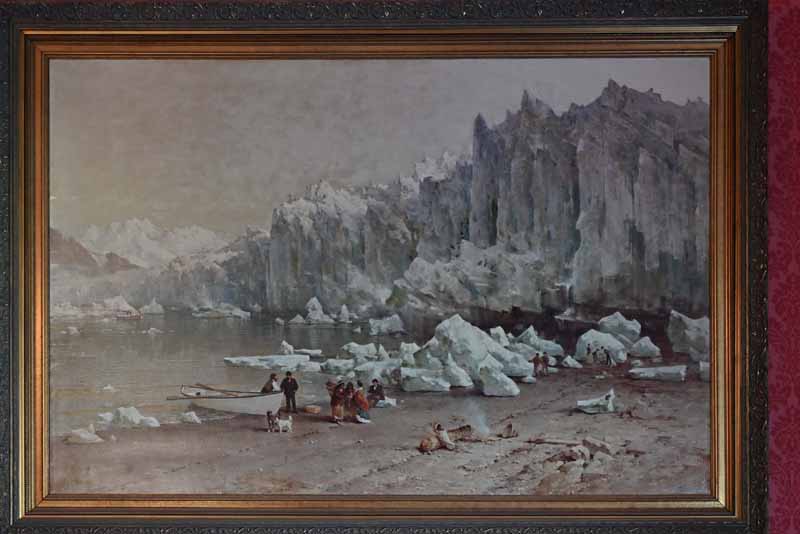
Painting of Muir Glacier by Thomas HillI checked out another copy of it in Anchorage Museum during my 2021 visit to Alaska.
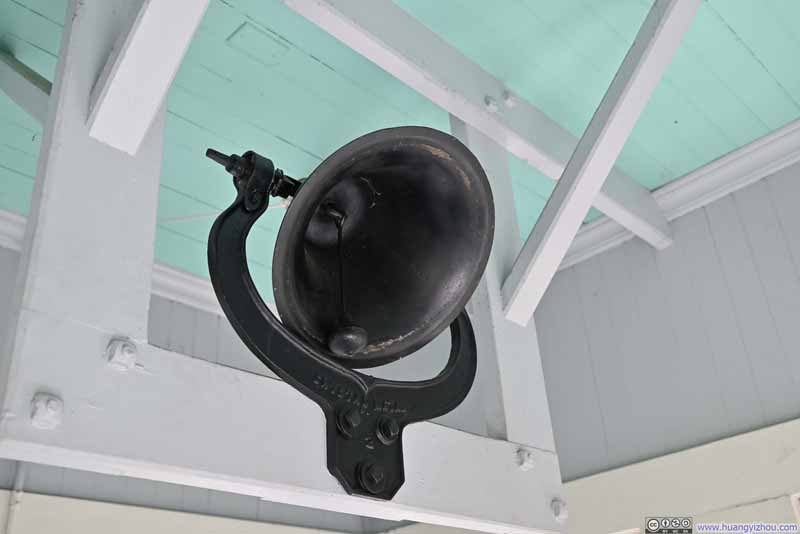
Bell on John Muir House TowerA string was attached to the bell where visitors could try ringing the bell. It was very loud.
The Strentzel family was known for managing large areas of fruit orchards. Nowadays, the national historic site only occupied a small portion of that land, with a few orchards still preserved.
Click here to display photos of the slideshow
California State Capitol
It’s only noon by the time I left John Muir National Historic Site. With about 5 hours till my flight, I had some time to check out Sacramento, which was the capital city of California. Originally, I wanted to check out Stanford Mansion, but its guided tour hours didn’t match my schedule, so I checked out the nearby state capitol building instead.
April 1 was a state holiday, so the “museum” part of the state capitol was closed, but nonetheless there was still a Senate session going on in the afternoon, discussing mostly uncontentious bills.
Click here to display photos from California State Capitol Building.
Flights from Sacramento to Philadelphia
Then it’s my flight back to the east coast. Sacramento was a small but charming airport, with literally no lines at the security checkpoint. As for the flight, I would have a relatively long connection in Los Angeles before a redeye to Philadelphia. The flight to Los Angeles was on a Skywest CRJ-700 (N753EV), but somehow, all the ground crew were wearing Envoy uniforms (which was a wholly owned subsidiary of American). At the end of the flight, the cabin announcement mentioned the crew was based in Tucson (sounded to me like quite a long way off).
American Airlines 4929 (Operated by Skywest)
Sacramento, CA (SMF) – Los Angeles, CA (LAX)
Bombardier CRJ-700
Seat 7C
Scheduled Departure – 5:08pm
Actual Departure – 5:28pm
Scheduled Arrival – 6:44pm
Actual Arrival – 6:34pm
1 hour and 6 minutes
Click here to display photos of the slideshow
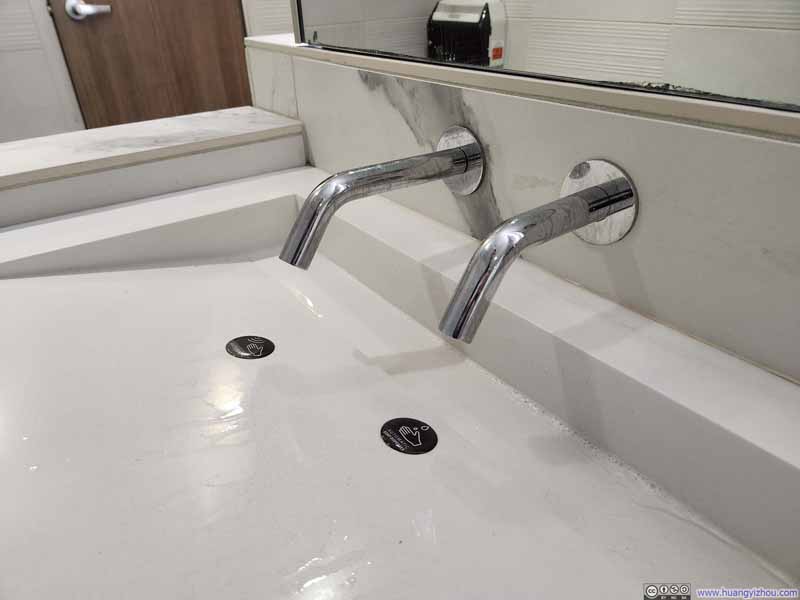
Bathroom Faucet Design in Sacramento AirportThe water faucet was too low, that my hands struggled to fit in the space below it.
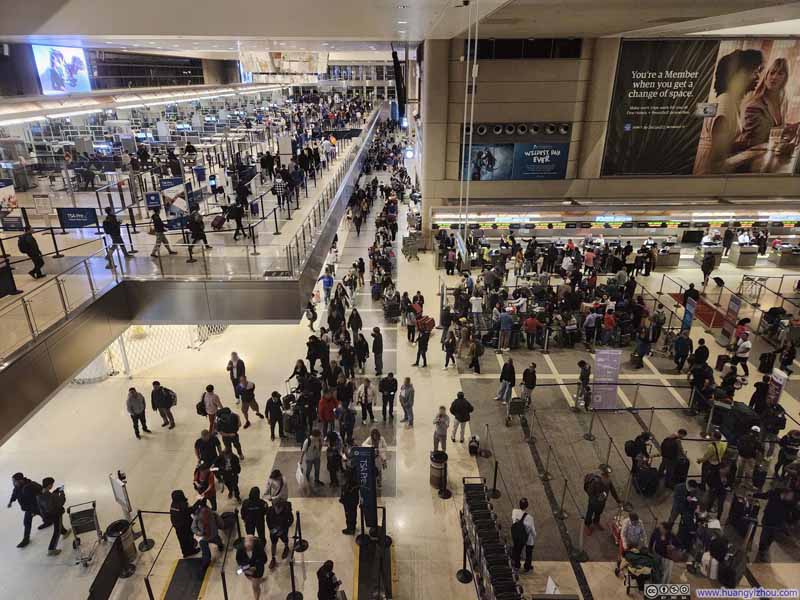
Lines at Los Angeles Airport TBIT Terminal
This was a regional aircraft, so it’s not surprising that it parked at AA’s “eagle nest” in LAX, a satellite terminal connected to headhouses by shuttle buses. And with limited overhead bin space of Bombardier CRJ, a group of passengers (me included) waited in a makeshift passage to retrieve valet bags (while breathing jet exhaust), which was far from the best experience. But once in the “eagle nest”, it’s relatively empty inside, so I decided to spend most of my layover here (instead of the cramped Terminal 4/5).
When it’s close to boarding time, I found out the flight would depart from gate 53B (the same gate as I flew the same route 2 years ago), which, along with 53A, are the most cramped gates in LAX’s Terminal 5 (it took some crazy minds to schedule an A321 at such gates). Just like my last time flying the same route, the flight was delayed, this time due to “late arrival of a crew member”.
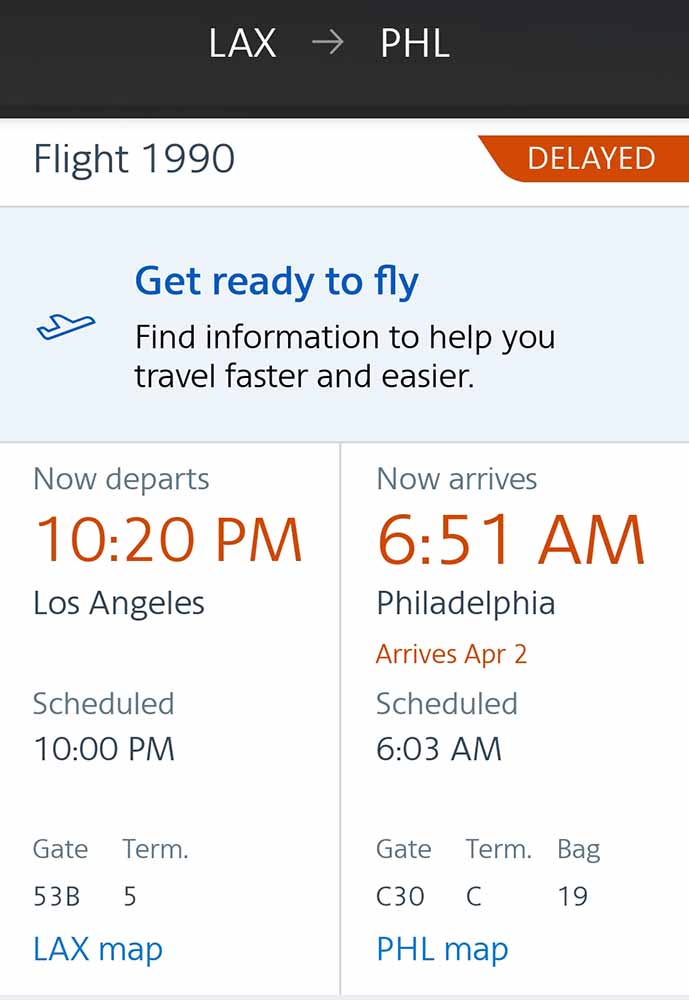
Delay Notice
American Airlines 1990
Los Angeles, CA (LAX) – Philadelphia, PA (PHL)
Airbus A321neo
Seat 30C
Scheduled Departure – 10:00pm
Actual Departure – 10:34pm
Scheduled Arrival – 6:03am + 1
Actual Arrival – 6:26am + 1
4 hours and 52 minutes
It turned out the tailwind was abnormally weak over the mountain states that night, as a result, the flight from Los Angeles to Philadelphia took an unusually long 5 hours. Once on the ground, it’s a rainy morning in Philadelphia. I thought since I was heading away from Philadelphia, I should be safe from its morning rush, and I was proven wrong near Chester. And with the traffic passing through Baltimore (partly contributed by the collapse of Key Bridge), I barely made it back to work on time Tuesday morning.
END
![]() Weekend Trip to Bay Area, Flights, Sights and Thoughts by Huang's Site is licensed under a Creative Commons Attribution-NonCommercial-ShareAlike 4.0 International License.
Weekend Trip to Bay Area, Flights, Sights and Thoughts by Huang's Site is licensed under a Creative Commons Attribution-NonCommercial-ShareAlike 4.0 International License.

